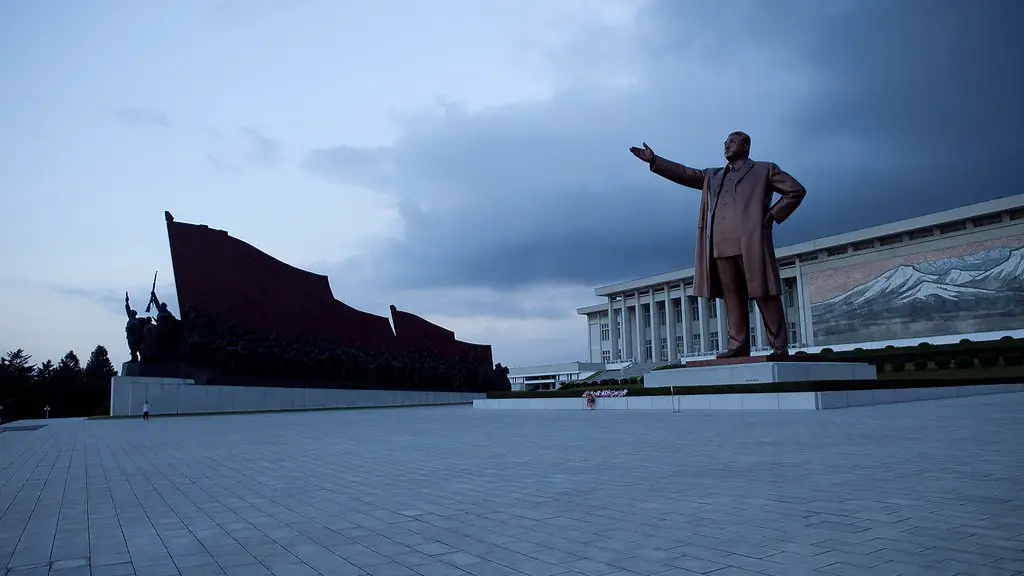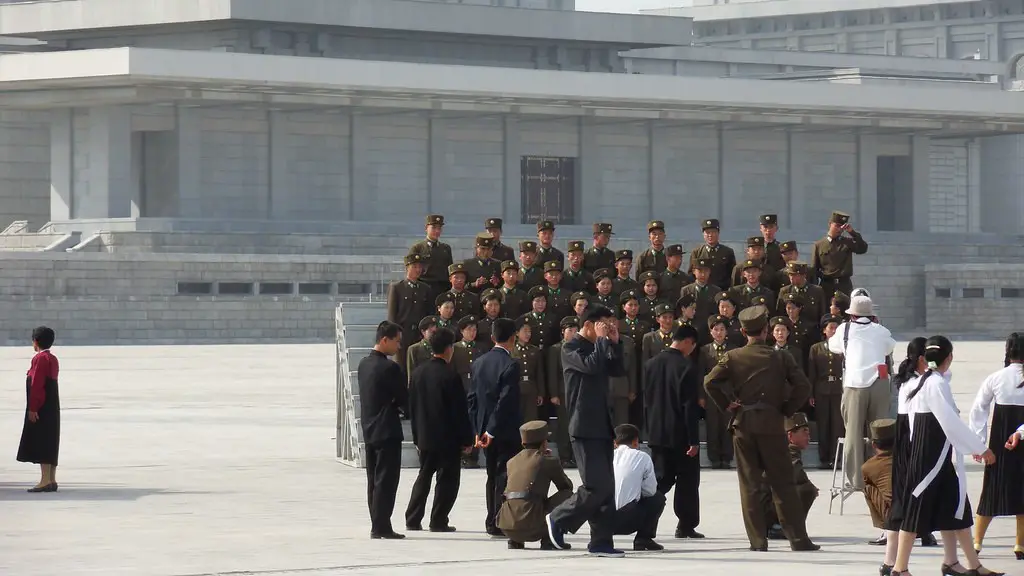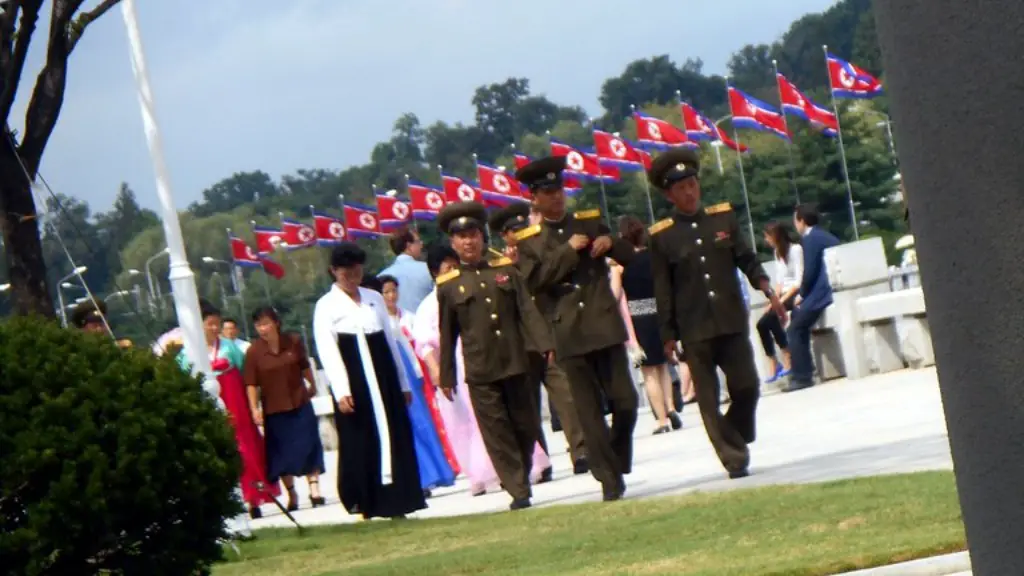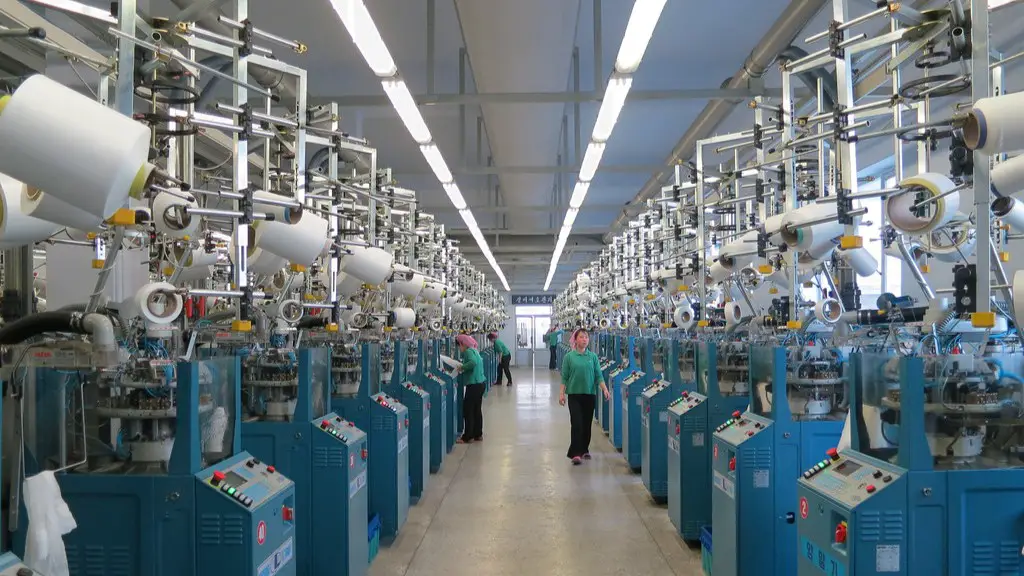North Korea is known for its repressive government, which relies heavily on controlling its citizens’ access to information about the outside world. North Korea is the only industrialized nation without access to the internet, and this policy has been in effect since the country’s founding in 1948. According to experts, lack of internet access has a major effect on the economy, education system, and health systems of the country.
Though North Korea is one of the least connected countries in the world, the government is taking steps to increase internet access. In April 2021, it revealed a plan to launch a 5G network by 2022. While this would bring some improvements, the actual implementation of this plan is still unclear, and it is unclear how much of North Korea’s population would actually have access to the network.
The main reason why North Korea does not have internet access is the government’s fear of its citizens accessing the world wide web and its open ideas. As the Huffington Post reported, North Korean leader Kim Jong-Un cited “hostile foreign forces” as the primary reason why the government maintains an internet lockdown, claiming that domestic access to the internet would inadvertently expose citizens to dangerous “anti-socialist activities”. In addition to having a grip on public speech and thought, North Korea also has a monopoly on communication within the country. All telephone lines runs through the state-run Korea Cellular Telecommunications Corporation, while the only internet connection the country has is a state-run intranet.
Experts note that the lack of access to the internet is having a significant impact on North Koreans’ quality of life. Economic development is hindered due to lack of access to global information, with many North Koreans unable to keep up with technological advances, hindering their ability to compete in a global economy. The North Korean education system also suffers, with students being unable to access the same resources and knowledge as their peers in other countries. Finally, limited access to news from the outside world presents a challenge to the North Korean healthcare system, limiting the ability of medical professionals to stay current on medical developments in other countries.
What is clear is that lack of access to the internet has a serious effect on North Korea. The government has been slowly taking steps towards providing internet access, but it is clear that it will be a while before North Koreans can connect to the world wide web. Until then, the country continues to remain isolated from the rest of the world.
Economic Impact
The lack of internet access has a serious impact on North Korea’s economic development. Online tools and access to a global market are essential for economic success in the digital age, but North Koreans are largely barred from accessing them. North Koreans are unable to take part in global commerce, depriving the country of a key source of income. Furthermore, North Korea’s economy is heavily dependent on subsidies from other countries, notably China and South Korea. With limited access to the global economy, North Korea has limited opportunities for economic growth.
In addition to the impact on North Korea’s overall economy, businesses and individuals are also affected by the lack of internet access. It can be difficult for North Korean businesses to keep up with global trends, leading to a lack of competition and ultimately, economic stagnation in the country. Furthermore, experienced professionals can find it difficult to gain necessary skills, limiting their career prospects and thus impacting their ability to provide for their families.
In order to address these issues, the North Korean government has taken steps to slowly increase access to the internet. However, the current level of access is still very limited and it is unclear how much access will be provided in the future.
Political Impact
North Korea is a country that prizes political obedience, and access to the internet can be perceived as a threat to the government’s power. By limiting access to the internet, the government is able to more easily control what information North Korean citizens can access. With limited access to outside sources of information, citizens are not exposed to different ideas and can be more easily manipulated. The North Korean government has a monopoly on communication within the country, and this allows them to control what information is spread.
The government also uses internet access to gain intelligence on its citizens. By denying access to the internet, North Korean citizens cannot use the web to connect with dissidents from other countries and gain access to information that could be potentially damaging to the regime. In this way, the internet can be seen as a tool of control, and the government is able to use it to further cement its grip on power.
In recent years, the government has started to take steps towards easing internet restrictions. However, it is clear that access will remain limited and the government is likely to continue to use the internet as a tool of control in order to maintain its power over its citizens.
Education Impact
North Korea’s education system suffers due to lack of access to the internet, particularly when it comes to science, technology and other fields. Without access to the world wide web, North Korean students are unable to access the same resources and knowledge as their peers in other countries, thus putting them at a disadvantage in a global context. Even North Korean students who attend university in other countries struggle due to this lack of access.
In addition, North Korean students are unable to connect with their peers in other countries. This lack of connection limits the ability of North Korean students to learn from and collaborate with other students, precluding them from gaining the full benefits of a global education. As a result, North Korean students’ education often suffers, leading to a lack of knowledge and skills in important fields.
There have been some attempts to address these issues, with the government establishing a joint venture with an internet provider in Russia, but the access that this provides is still very limited. As a result, it is clear that North Korea’s education system remains hampered by a lack of access to the internet.
Health Impact
Internet access is also essential for the North Korean healthcare system. With limited access to news from the outside world, healthcare professionals in North Korea are unable to stay informed on the latest developments in medicine, and as a result, they are unable to provide the same level of care as doctors in other countries.
In addition, healthcare professionals in North Korea are unable to access the latest treatments or technology. Access to the internet would allow North Korean doctors to keep up with advances in medical technology, allowing them to provide the best possible care to their patients.
The government has taken some steps towards providing access to the internet in the healthcare sector, with reports of some hospitals being connected to the state-run intranet, but this access is still limited. Therefore, access to the internet continues to be a challenge for the North Korean healthcare system.
Conclusion
North Korea is the only industrialized nation without access to the internet, and this policy has been in effect since the country’s founding in 1948. Lack of internet access has a major effect on the economy, education system, and health systems of the country, with experts noting that North Koreans are unable to keep up with technological advances, hindering their ability to compete in a global economy and limiting the ability of healthcare professionals to stay current on medical developments in other countries. The main reason why North Korea does not have internet access is the government’s fear of its citizens accessing the world wide web and its open ideas, as well as the government’s need to control what information North Korean citizens can access. The government has been slowly taking steps towards providing internet access, but it is clear that it will be a while before North Koreans can connect to the world wide web. Until then, the country continues to remain isolated from the rest of the world.




